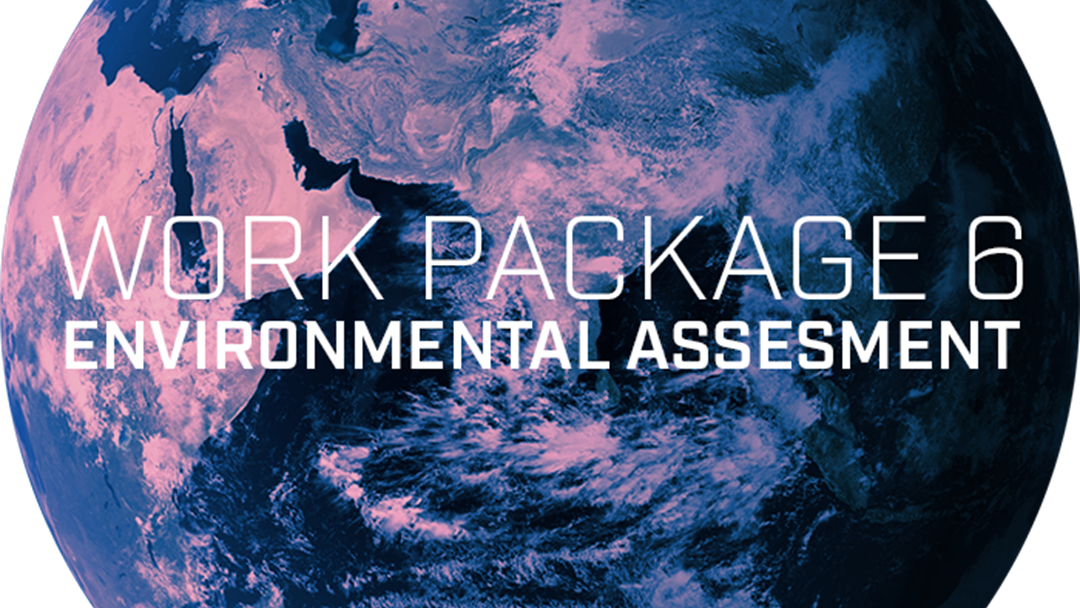
ACCELERATING NORWEGIAN INNOVATION IN
ZERO-EMISSION TRANSPORT TECHNOLOGIES.
The Norwegian transport sector accounts for approximately 60% of the greenhouse gas emissions from sectors outside the EU Emissions Trading System.
To meet national and international commitments in greenhouse gas emission reductions,
the transport system must be decarbonised to meet the national target of 50% reduction by 2030.
SFI ZETA is a Centre for Research Driven Innovation (SFI) initiative.
For more information, contact Inger Marie Malvik or John Olav Tande.
Watch our ZETA-video (in Norwegian).

20 EXPECTED INNOVATIONS

12 PhDs

100 PER-REVIEWED ARTICLES
ZETA’s industry-driven research approach will ensure strong sector relevance, commercial focus and promote innovation in education, research, industry and the public sector.
PARTNERS
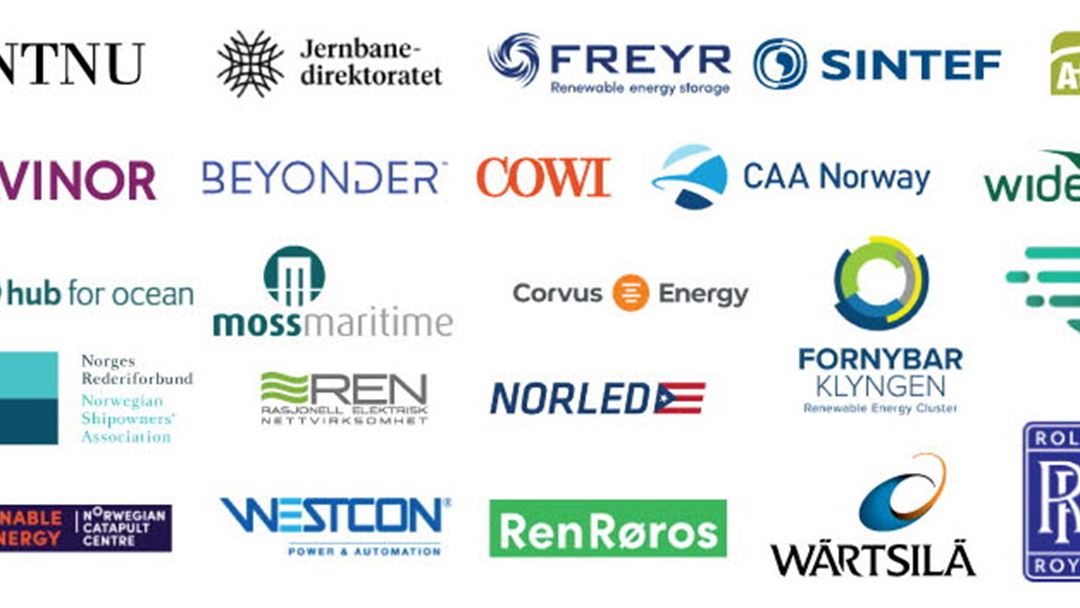
SFI ZETA will contribute to reaching the Norwegian and international targets for decarbonisation of the transport sector and UN’s Sustainable Development Goals:
Climate action, Industry, Innovation and Infrastructure, and Responsible Consumption and Production.



WORK PACKAGES
SFI ZETA will realise its objectives through education, research and innovation,
organized through six individual work packages.
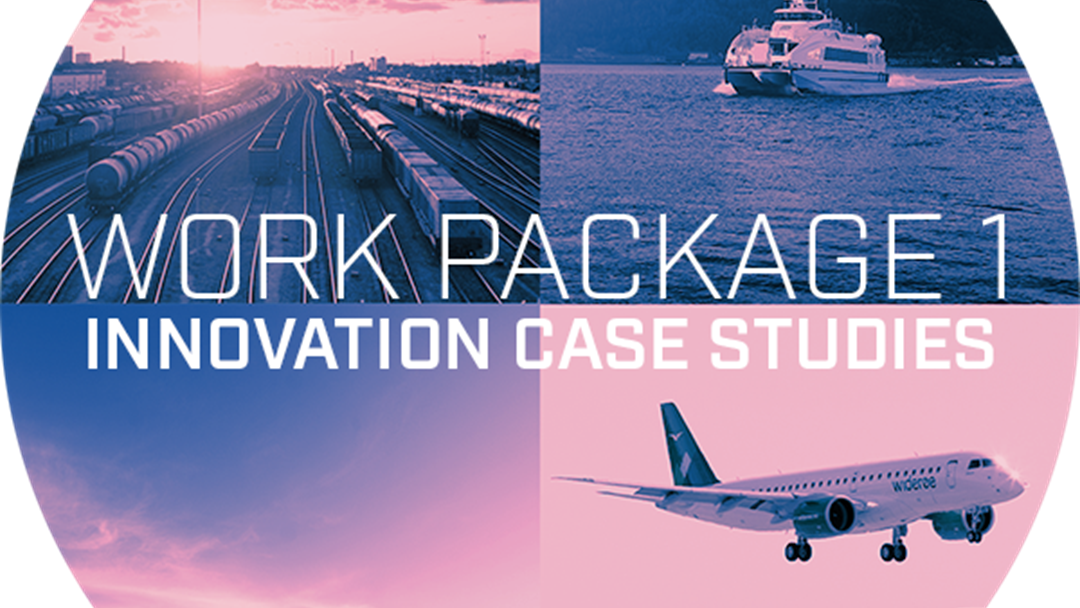
Work Package 1
Work package 1 will explore and carry out case studies (demonstrators and pilots) with industry partners to foster innovation within high energy demand transportation systems for road, rail, sea and air.
Expected results
- Collected data, gained experience and know-how from experiments and field trials.
- Novel methods, technologies and concepts with industrial potential.
- Detailed technological, economic and environmental assessment of technologies and case concepts.
- Assessment (potential and challenges/barriers) and recommendations on how to accelerate the transition to zero-emission for each case.
- Innovations (know-how, software, concepts, products, systems, etc.) that can be organised as separate commercialisation projects.
Work Package 2
This work package will enable reliable and efficient large-scale infrastructure for electrical charging and hydrogen fuelling through development of components and system topologies
Expected results
- New topologies and solutions for large-scale plug-based and wireless charging infrastructure.
- New modelling and simulation frameworks for hydrogen fuel handling.
- Methods for optimising design, location and control of infrastructure for dynamic power transfer to moving vehicles, enabling fully autonomous transport systems.
- Models for the aging of primary grid components in the proximity of high-power charging facilities, including estimations of acceptable short-term overloads.
- Methods and tools for optimising the system integration of high-power charging infrastructure.
- Guidelines for optimising charging and hydrogen fuelling solutions for different locations and various transport applications.
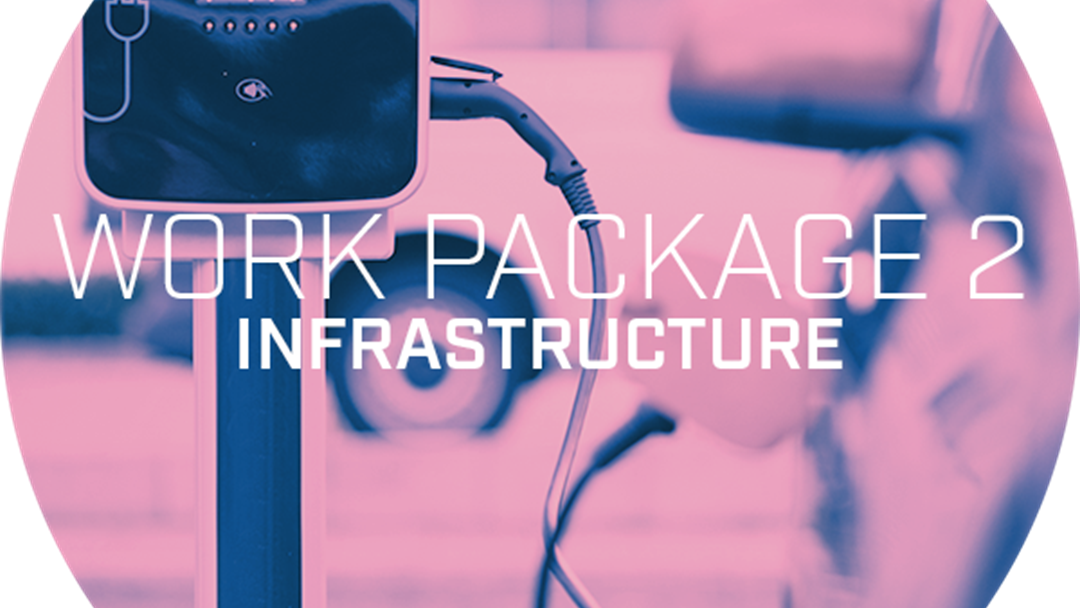
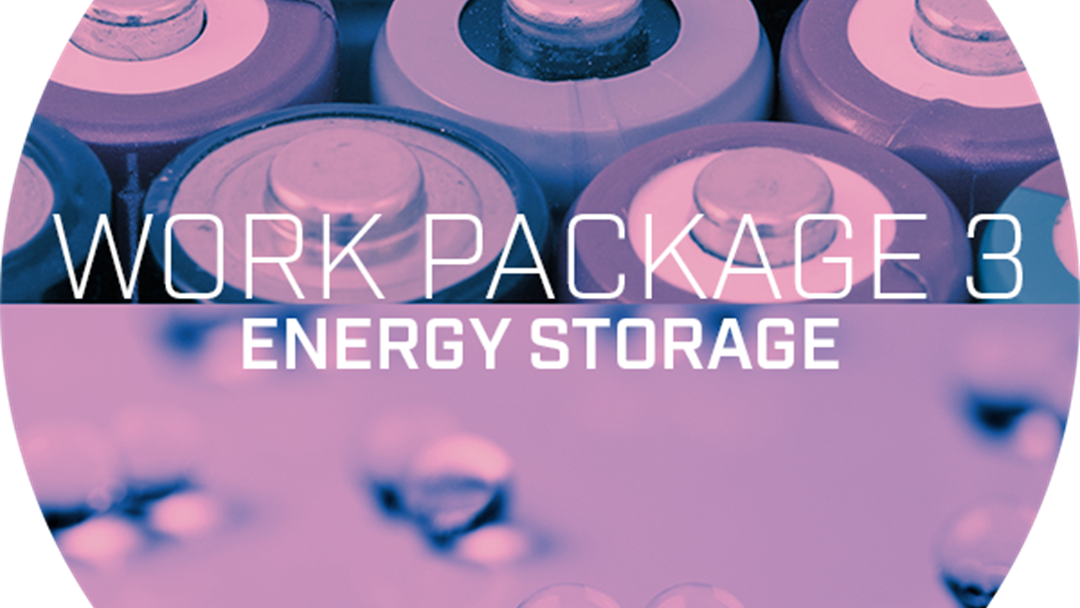
Work Package 3
Work package 3 will develop hydrogen and battery-based storage technology for transport applications with a high energy demand.
Expected results
- Evaluation of stationary and on-board storage, with hydrogen fuel concepts and batteries
- Improved energy efficiency in battery cell production; technology and process (PhD).
- Component and system evaluation/development
- Hydrogen storage tanks o Hydrogen supply to fuel cell system, including heat/cold integration o Battery cells and packs for high energy demand and ageing prospects in arctic environment (PhD)
- Fuel cell hybridisation prospects in marine and arctic environment (PhD)
- Safety considerations for hydrogen, batteries and hybrid systems.
- Concept comparison for different hydrogen carriers and their interaction with battery storage.
Work Package 4
Work package 4 will enable extended range or new applications of high-power battery-electric and fuelcell-based propulsion systems by developing design methodologies and control strategies for electric and electromagnetic energy conversion systems.
Expected results
- Design concepts for high speed electrical machines with high power density (aircraft - PhD study)
- Power electronic conversion systems and control strategies for extending lifetime, improving reliability and flexible operation of large-scale battery storage systems (ships, trains, aircrafts).
- High power density system solutions for integrated conversion and storage systems that can enable full electrification or extended battery-electric range of vehicles and vessels with high peak power demand (ships, trains, aircrafts, busses, heavy duty vehicles etc.).
- Design strategies and control methods, including system-level control, for optimal utilization of fuelcell/battery propulsion systems, (ships – PhD study).
- Tools for optimised design operation, reliability and lifetime utilization of components and subsystems in zero-emission powertrains.
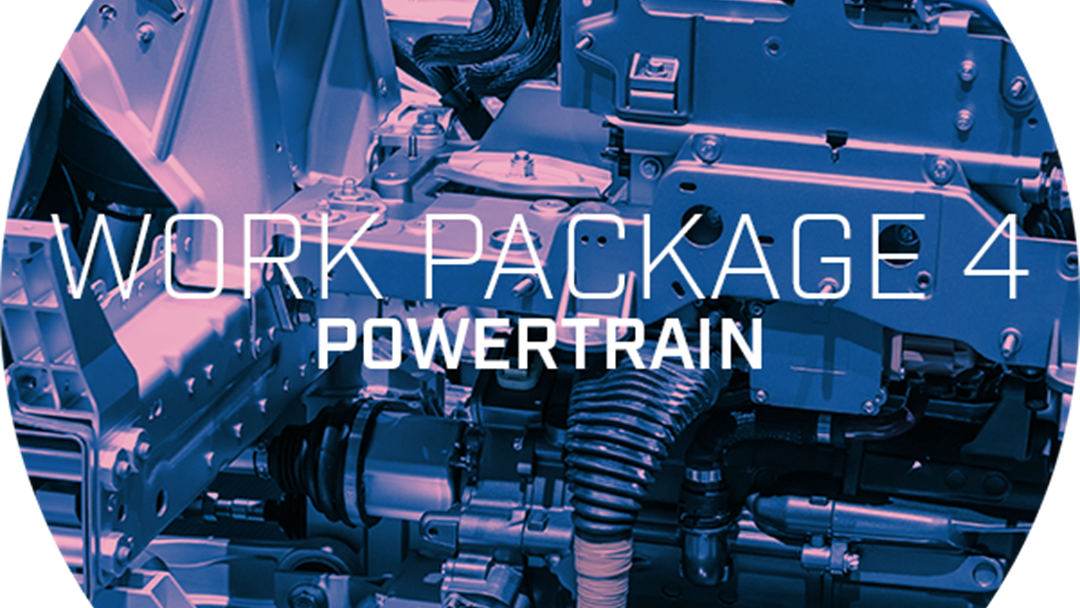
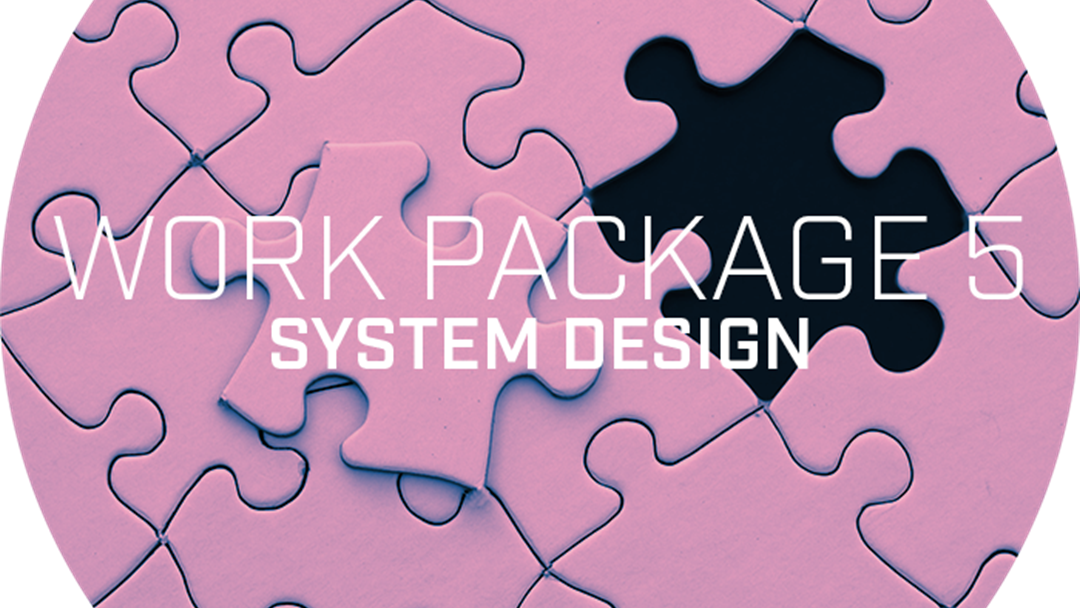
Work Package 5
Work package 5 will assess, design and optimise overall technology choices and sizing of infrastructure, energy storage and powertrain systems.
Expected results
- Characteristics of relation between energy and power rate (kWh/kW) use considering supply reliability need per application.
- Load aggregation and sampling methods for different timescales and problem scales.
- Optimisation models for and analyses of technology choice, sizing and operation for high energy demand transportation and infrastructure components combining hydrogen and electricity.
- Indicators on relationship of costs and energy/power rating needs will be provided.
Work Package 6
Work package 6 will assess the climate change mitigation potential and broader environmental characteristics of individual technologies and systems.
Expected results
- Identification of improvements in climate characteristics for established low carbon transport technologies and reassessment of their role in an accelerated transition pathway for the transport sector.
- Development of approaches for integration of engineering and life cycle-based models for targeting better technology design and value chain management
- Development of enhanced scenario-based Life Cycle Assessment (LCA) models allowing for detailed assessments of transitions in the transport sector.
- Interfacing state of the art Life Cycle Assessment models and environmental models for more robust analysis of prospective technologies.
- Enhance life cycle scenario modelling methods to better analyse the full environmental and resource related aspects of deployment of prospective technologies.
- Environmental assessment of BEV and FCV vehicles, infrastructure systems, fleets and aggregate scenarios, and environmental assessment of Norwegian manufacturing of low carbon technologies for the transport sector, e.g. Norwegian wind powered giga battery factories.
